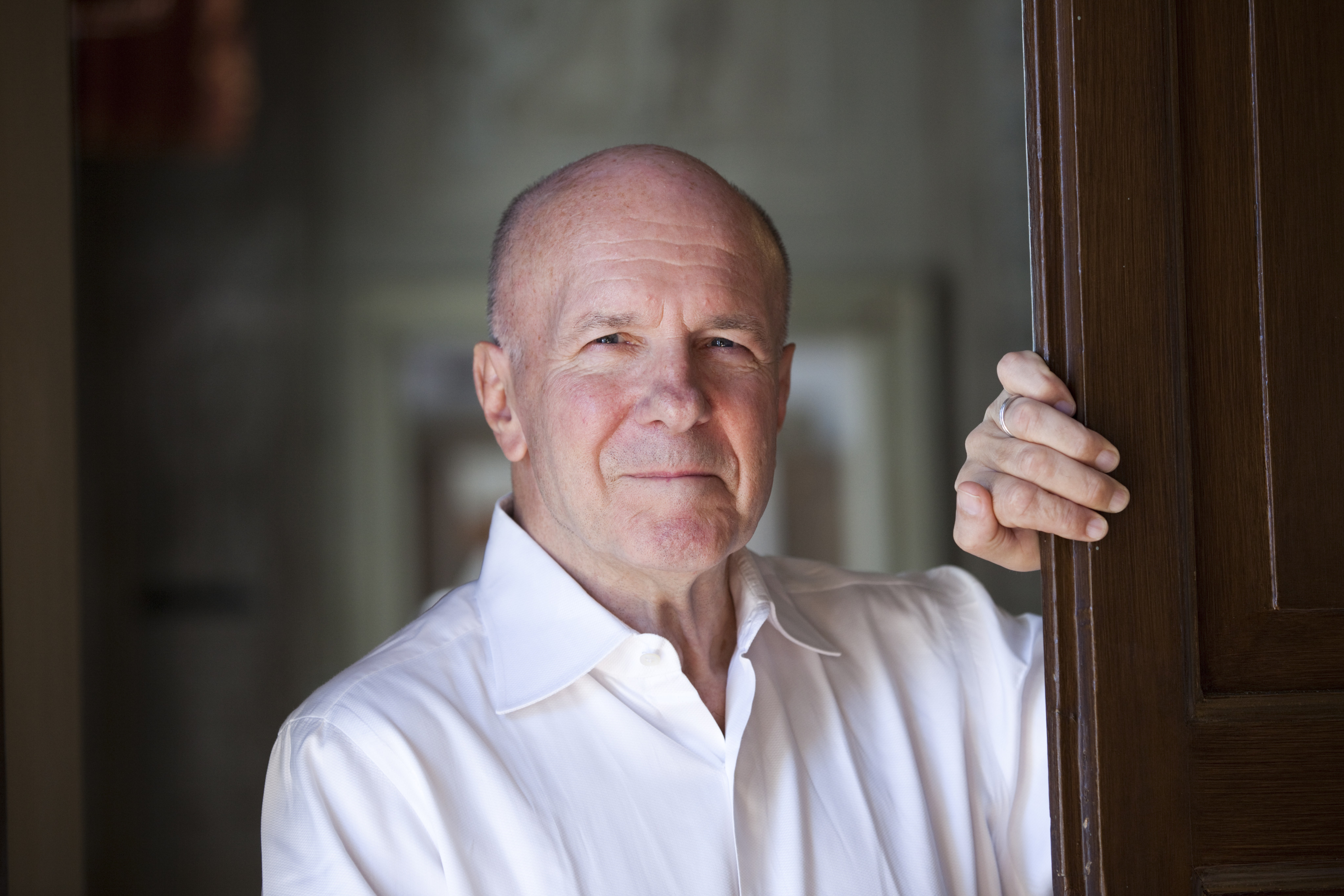
- Author and journalist Simon Winchester has worked all over the world, covered Watergate, and spent many happy years exploring China from his Hong Kong base
I was born in London in 1944 and sent to boarding school at the age of four-and-a-half, which was young even by the exacting standards of the English middle classes in those days.
It was a tough regime – there were a lot of beatings and we weren’t addressed by name but by number. I was Number 46.
My father had had a tough time of it in the war, and I think he found my presence disruptive when he came home having been interred in a prisoner-of-war camp. They never had any other children.
I don’t think being sent away to school had any great lasting effect on me, although I did suffer some mental problems at university.
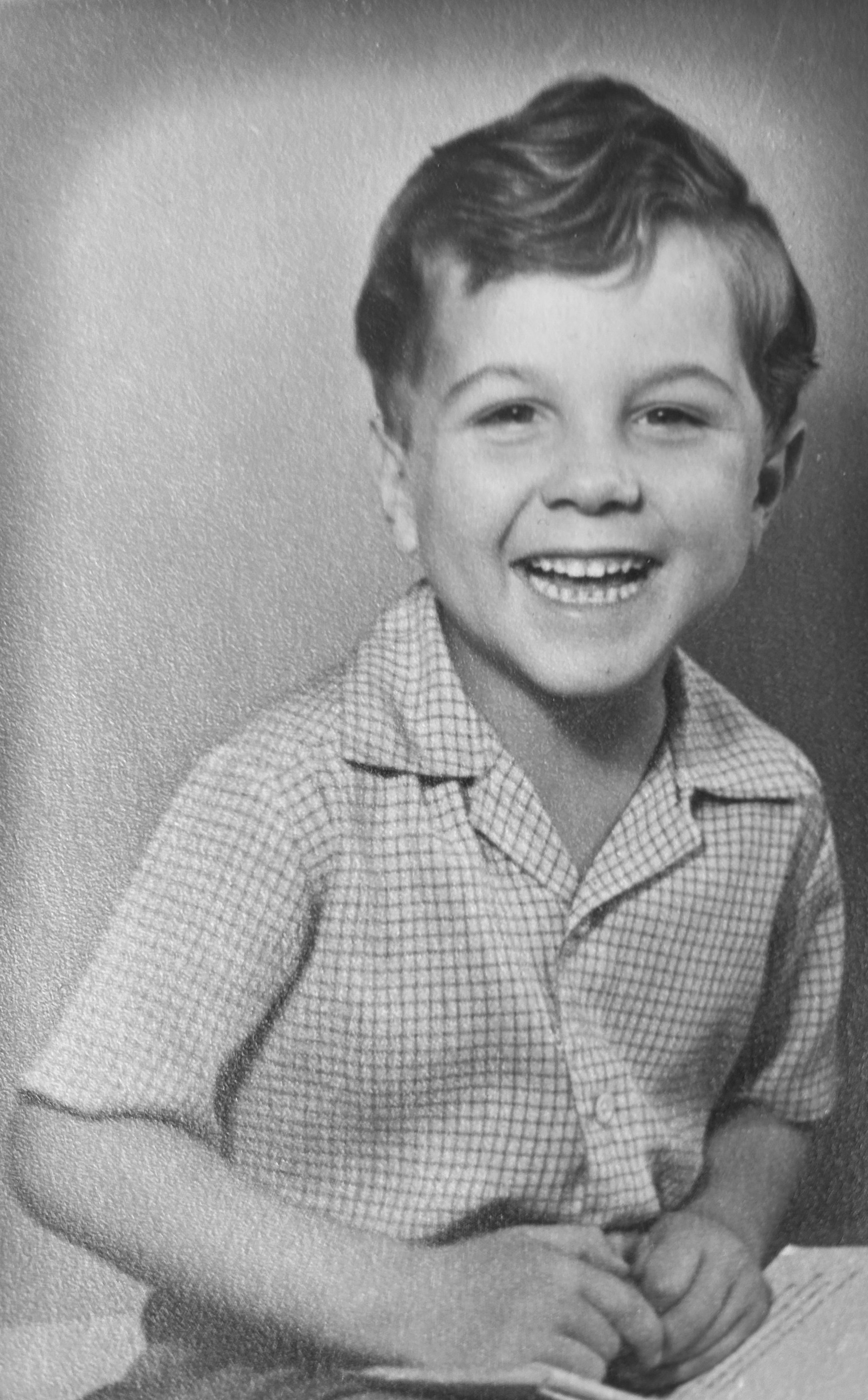
Electric shocks
It started when I was working – overworking, rather – at Oxford. I woke up one morning and found I could not understand what people were saying or do something as simple as buy a newspaper. I thought I was going mad.
Each time this happened, every few months, it lasted for nine days. Doctors prescribed antidepressants but I wasn’t depressed, so they were no use. As a last resort, I had electroconvulsive therapy – six sessions, over the course of three months. All very like One Flew Over the Cuckoo’s Nest. But I was cured, and have never been troubled since.
Hong Kong football legend ‘Jesus’ on playing Pelé and loving local fans
I was told I had suffered from a “dissociative fugue”. I thought that sounded rather stylish, as I’d always associated fugues with music.
Geology to journalism
I was recently contacted by Sara Wheeler, who is writing [Welsh travel writer and historian] Jan Morris’ biography, as she had unearthed the letter I had written in 1967 to Jan – who was at that time, pre sex change, called James – asking how I could become a journalist, as I had wearied of being a geologist.
I am slightly ashamed to say it was a rather juvenile, fawning sort of letter; but I got a very nice reply, saying that if I switched to journalism I’d never make a fortune, but I would have a rich and fascinating life.
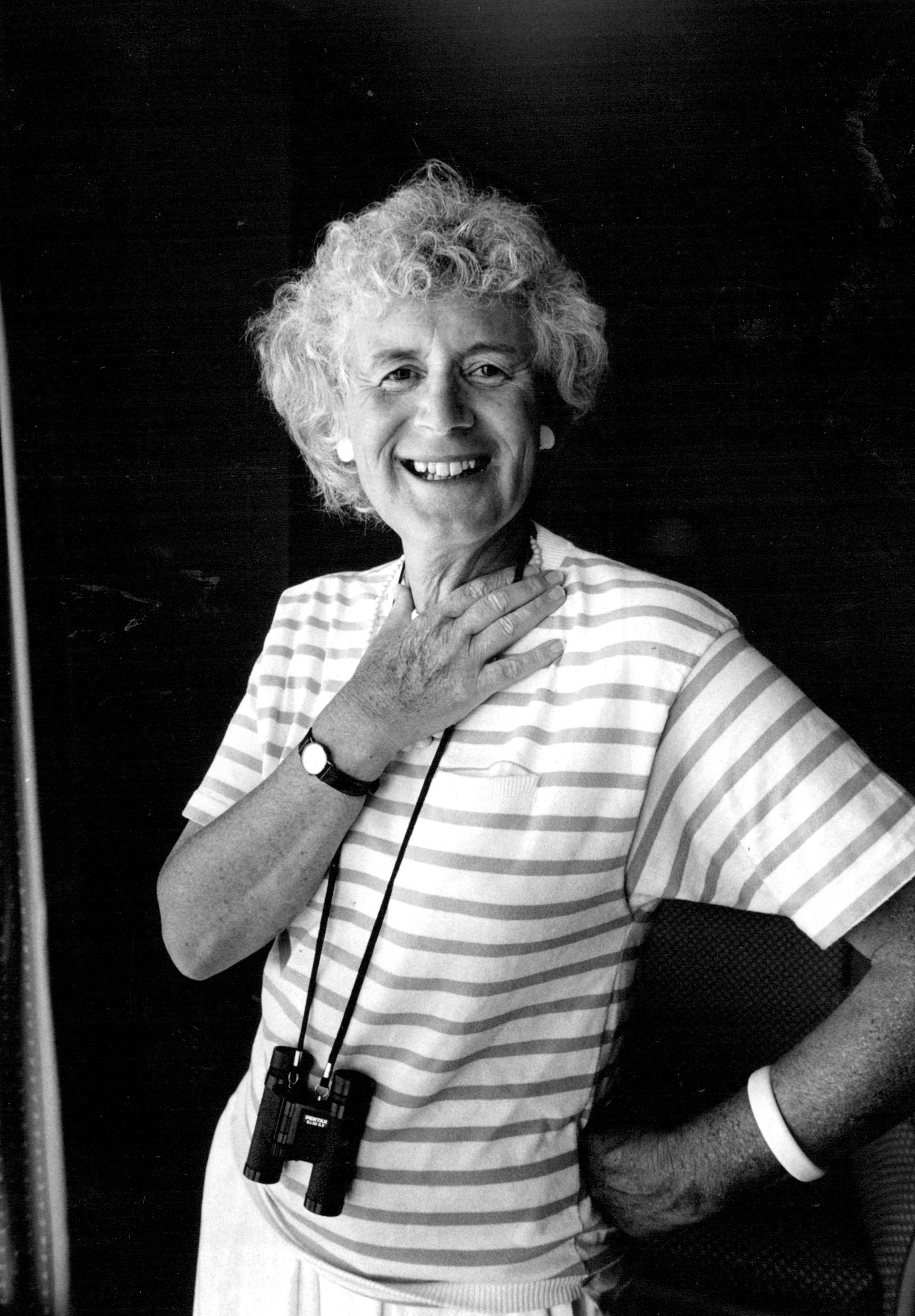
That inspired me to quit my job that very day, and I flew back to England and after persevering got a job as a junior reporter on a local newspaper in Newcastle. Over the years, we became good friends.
She’s described me as a “charming rogue” which is perhaps not too far off the mark. I can give vent to my temper but I try not to be too cantankerous.
Duty calls
I’ve worked in many parts of the world, including the United States, where I covered Watergate, and India, which I reached by driving overland from England with my first wife, Judy, and son, Rupert, who was 12.
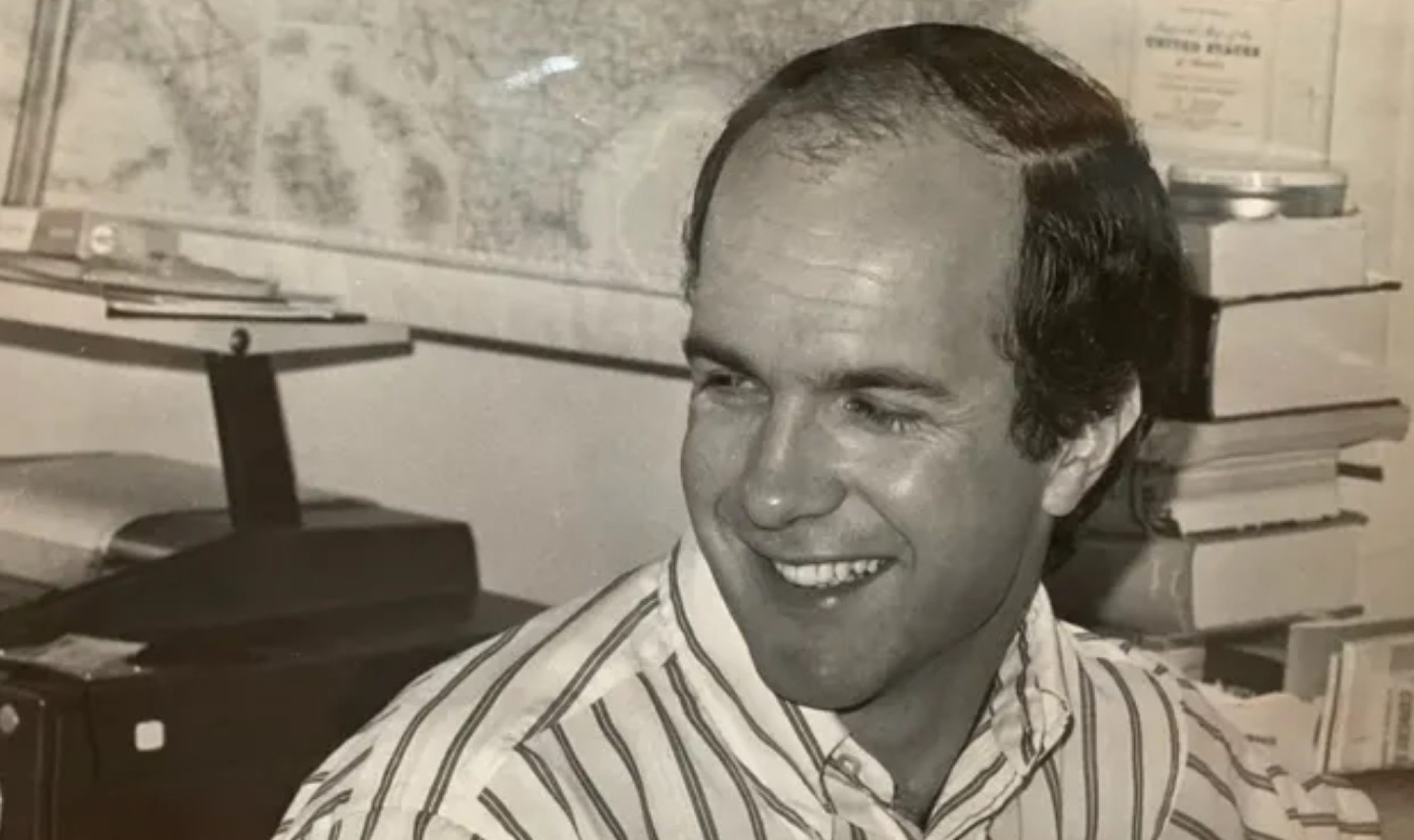
Our dog, Biggles, came by air, but when we went to pick him up at the airport in Delhi we were told that dogs valued at over 500 rupees were dutiable. I find any sort of bureaucracy excessively tiresome, so, gritting my teeth, I explained that Biggles was only worth 499 rupees.
The customs official got the joke and said: “You are welcome to India, both you and your duty-free dog.”
Banged up
I was hauled back from India at very short notice to go to the Falklands, and was actually on the islands – thanks to a discreet tip from a chap I knew who worked for MI6 – when the Argentines invaded in April 1982.
I was detained with two other journalists and spent three months in a tiny cell in a prison in Tierra del Fuego, sharing the facilities, such as they were, with criminals of all sorts. Quite an eye-opener.
However, many people, relatives, friends and total strangers, wrote to me expressing their support, so looking back, the experience was quite uplifting.
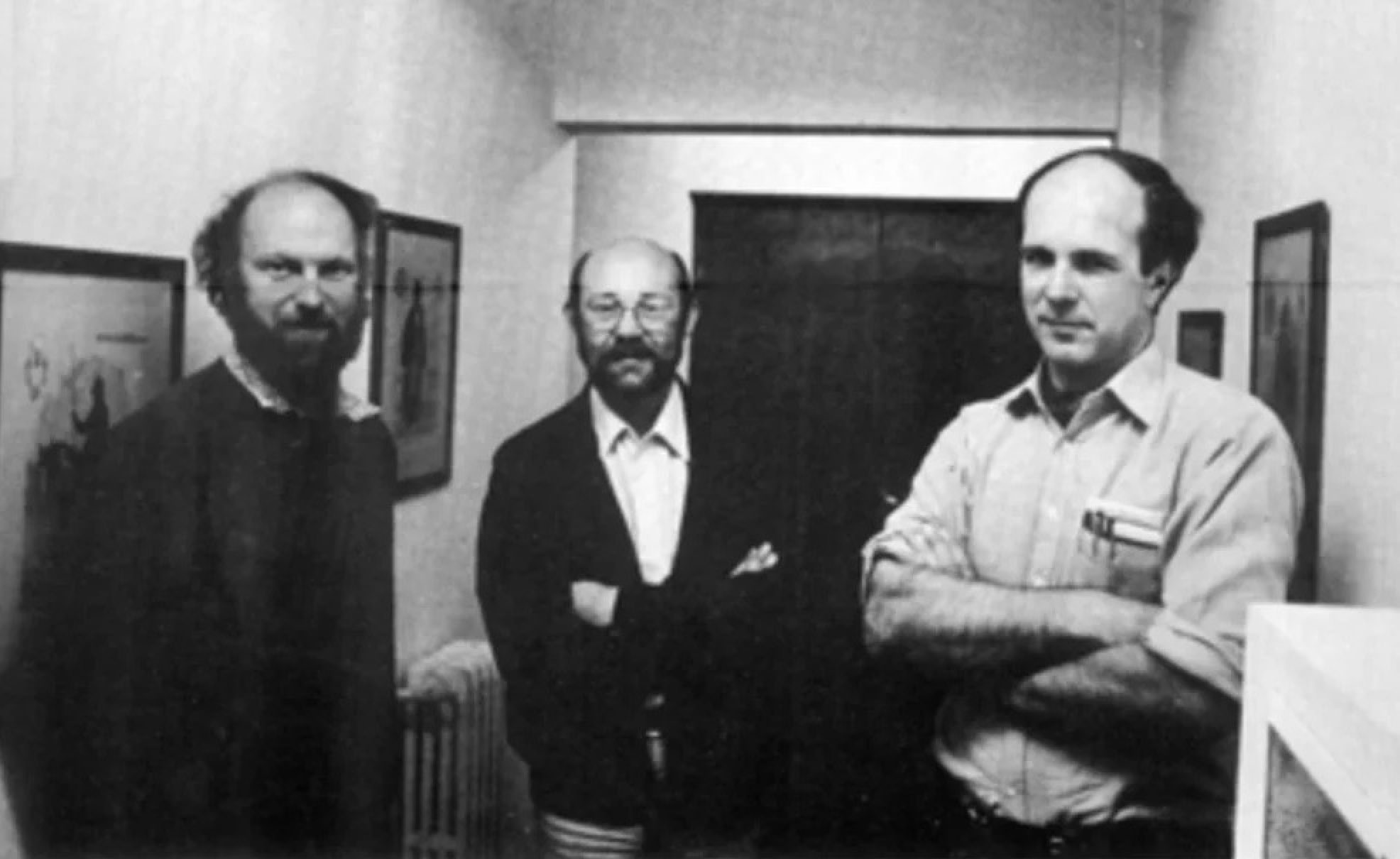
Hakkas and wild boar
I travelled to Hong Kong on the Trans-Siberian Express in 1985, living in Mid-Levels to start off with and then shifting to a tiny village in Sai Kung – with Hakka neighbours and wild boar prowling round the garden – which I far preferred.
Of course, being based in Hong Kong gave me a chance to explore China, and I travelled just about everywhere I could, as I found the whole country incredibly interesting. I wrote two of my most important books as a result, one about a journey along the Yangtze, and another about Joseph Needham, the sinologist who wrote the pioneering multi-volume Science and Civilisation in China.
I loved my time in Hong Kong, and miss it deeply.
Sleeping with the enemy
Most of my books have been very well received, both by the critics and the public. But occasionally you come up against a real stinker. One Bryan Burrough reviewed my book about the San Francisco earthquake of 1906 in The New York Times and wrote that he hated it so much he wanted to drop-kick it across the room.
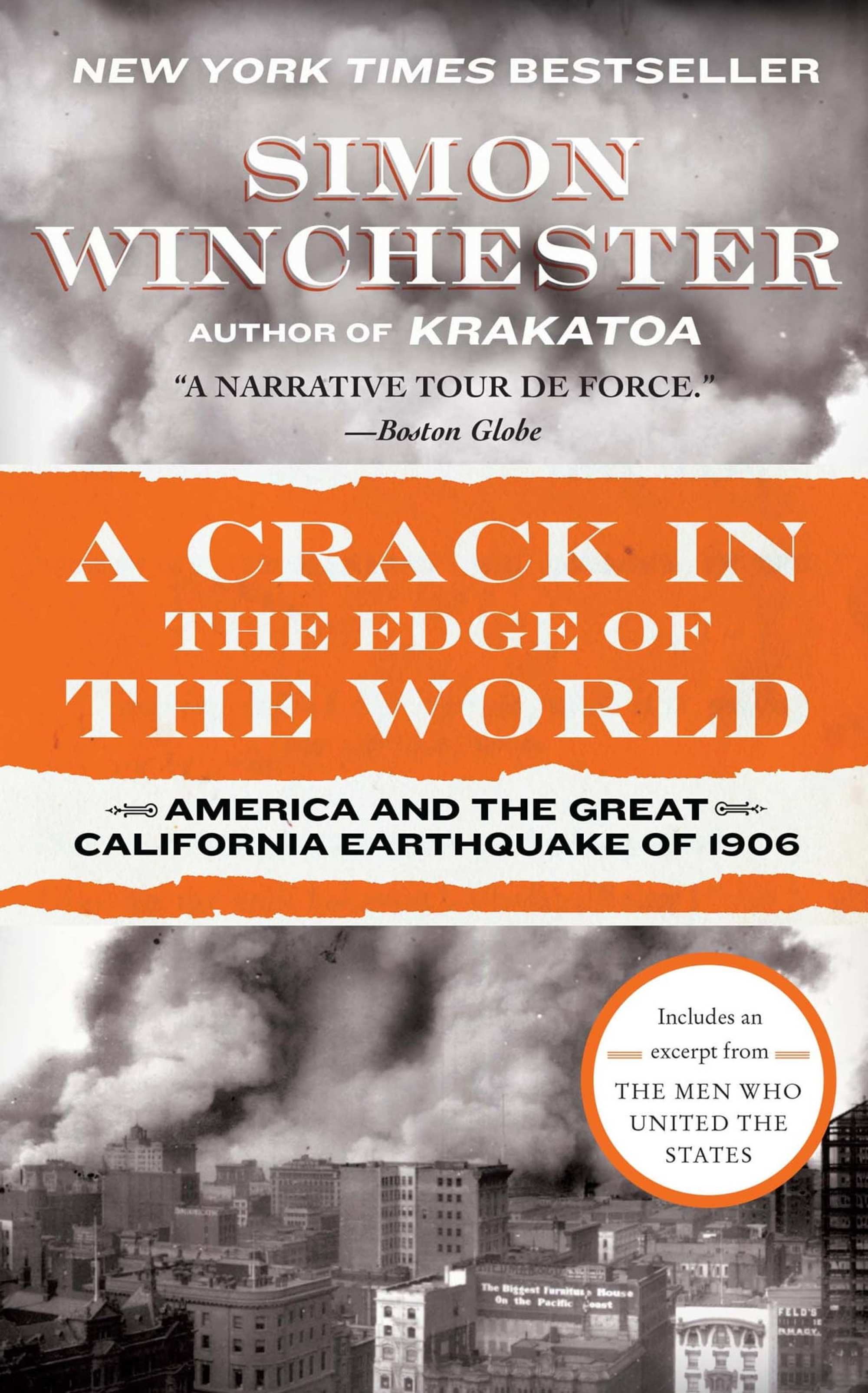
Subsequently, several of my friends asked if perhaps I had slept with his wife and thus caused him to write so savagely. I said I hadn’t, but no matter how ugly she was, I would do so if I ever got the chance – although that has not yet come to pass.
Funnily enough, both Burrough’s and my name have since appeared next to each other on the cover of Vanity Fair, but that’s as close as we’ve got. I’ve really no idea what upset him so much, and it’s all water under the bridge now, but I was incensed back in 2005.
You never really remember the good reviews, but the bad ones you carry with you to the grave, word for word.
The end is not nigh
Almost all my books have been translated into Chinese – I think accurately, though I understand some sensitive passages may be cut. Still, I reckon if 95 per cent of the books are as I wrote them, that’s fair enough.
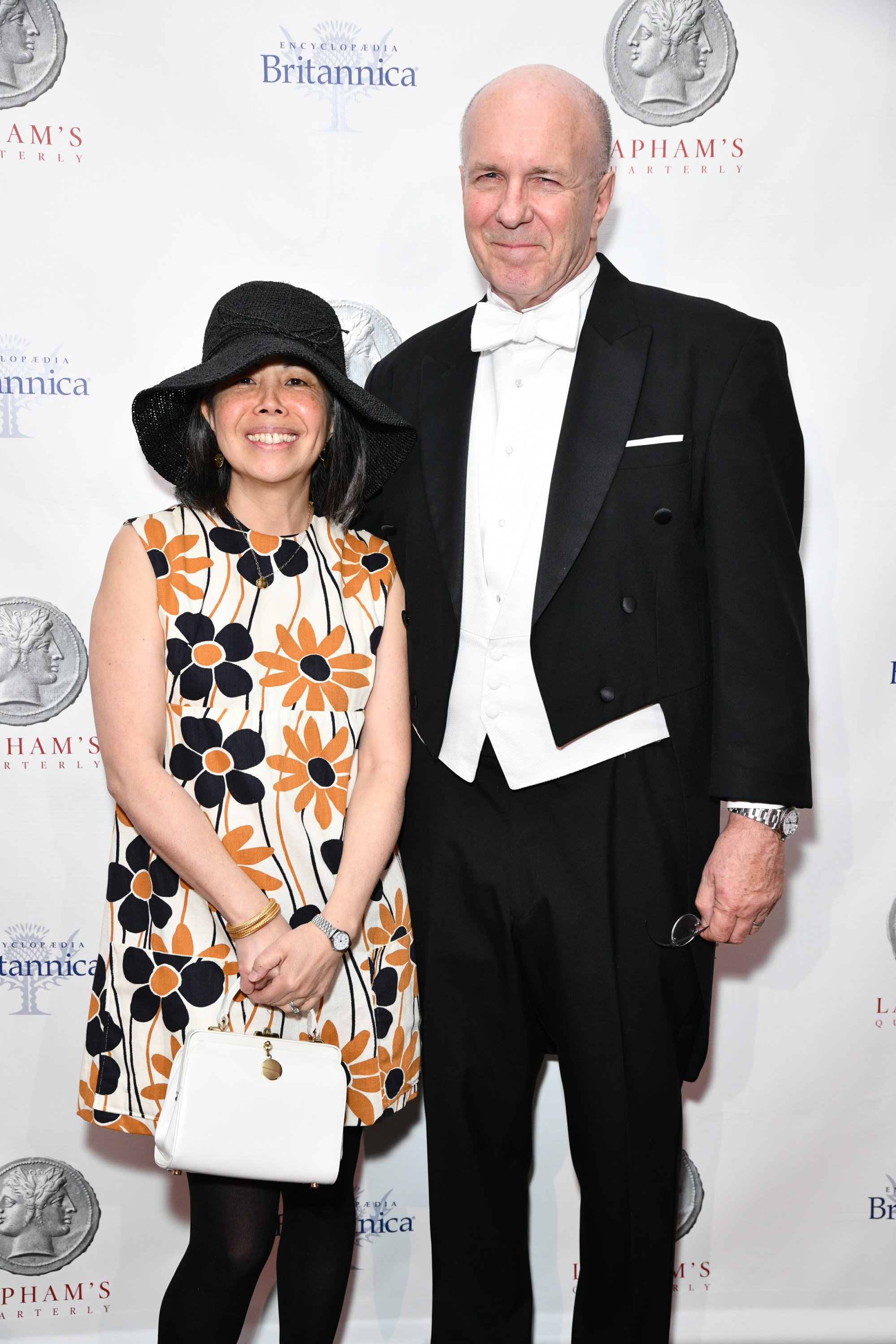
I’m already working on my next book, which will be about the history and dynamics of wind, which apart from anything else will give me a chance to come back to Hong Kong to experience a Signal 10 typhoon.
I’m getting on for 80 years old, and from time to time my publisher suggests that I should write my autobiography, but I feel that that is pretty much the very last thing you write in your life, and if I did, that would be the absolute end.
Under the gun
I became a United States citizen in 2011, and live with my wife, Setsuko, in an old farmhouse in the hills of Massachusetts. It’s a very rural, peaceful location – we keep chickens, geese and bees, I work in a renovated barn and busy myself with astronomy, stamp-collecting, model railways and cider-making when I’m not writing.
However, I know that a lot of people there own guns. I don’t for a moment think that they plan to use them on me, but it’s a fact that there is all this weaponry around the place that I find disturbing.
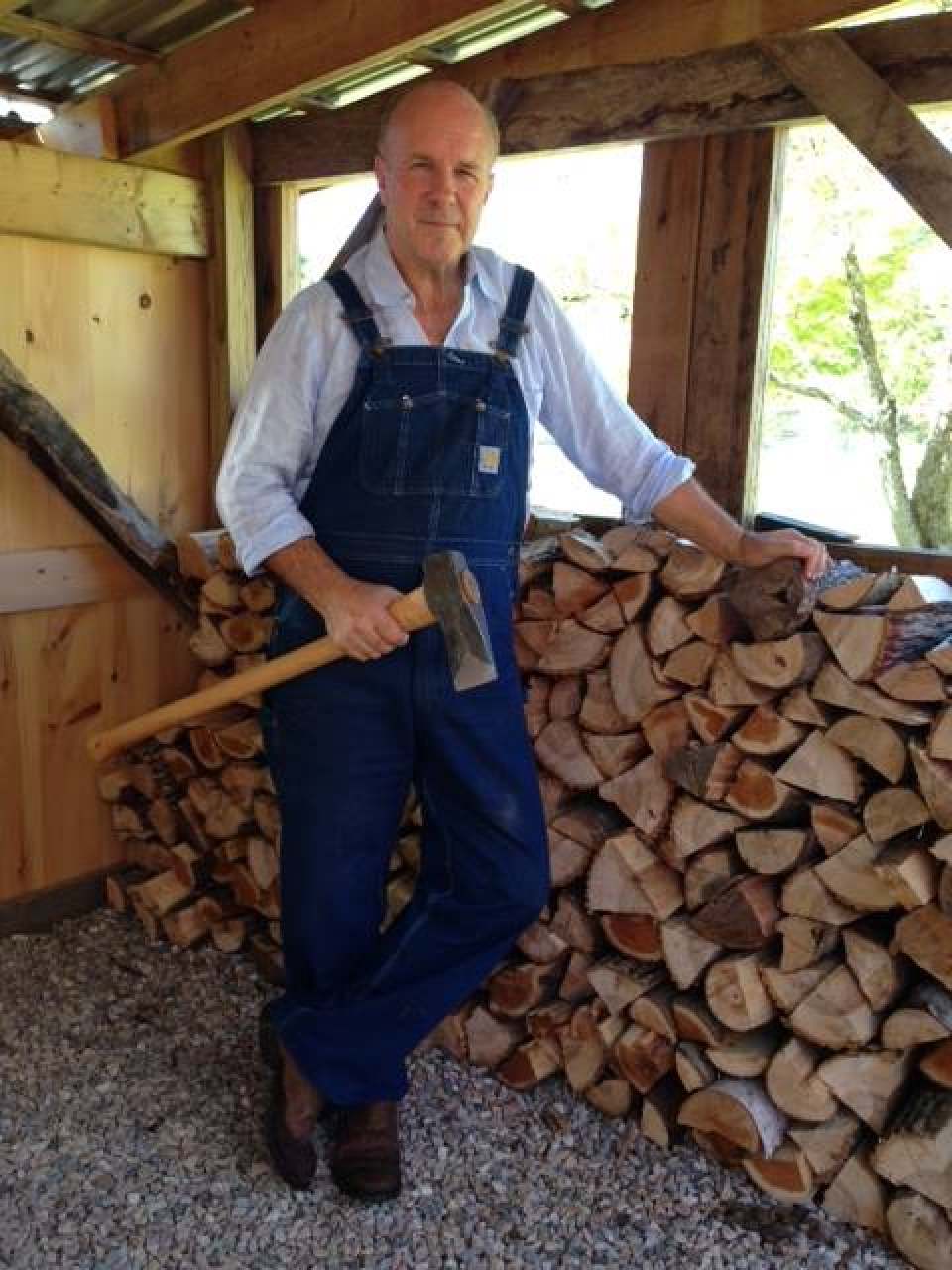
Also, as I am not as young as I once was, we’re thinking about the possibility of moving to an apartment we own in New York, although I am not sure that we would be allowed to put our beehives on the roof.
The other possibility is returning to England, as my three sons all live there. Despite all the political upheavals of recent years – Brexit, [former UK Independence Party leader Nigel] Farage and so forth – at least there are not so many guns.

